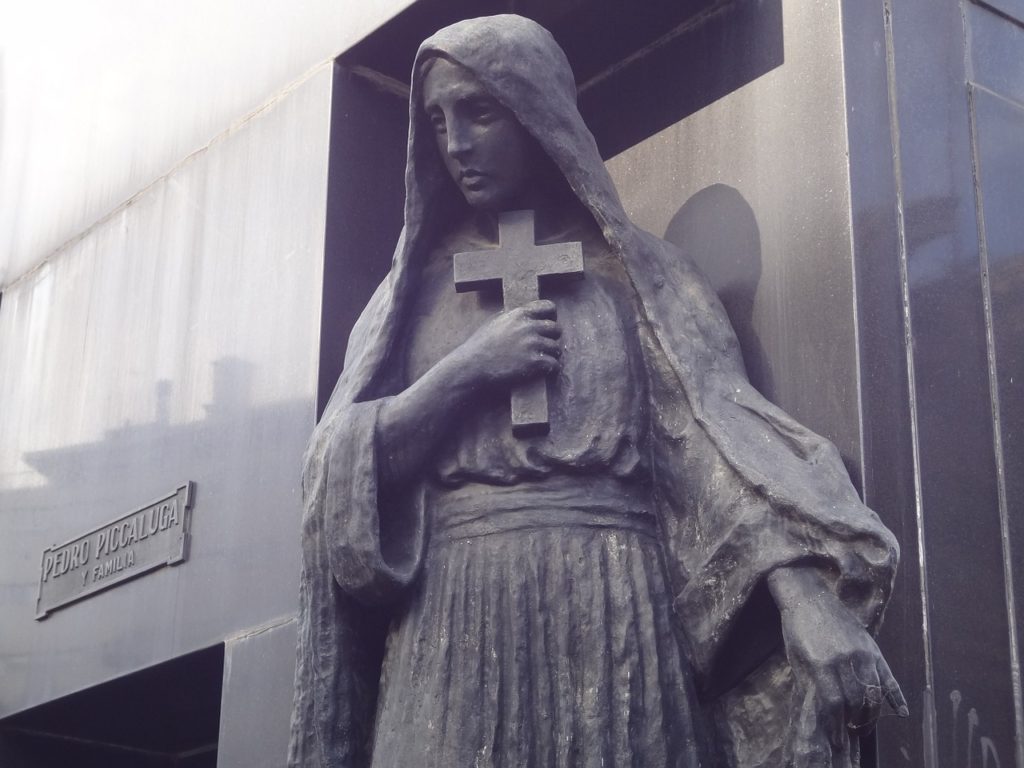We have all been to a family member’s funeral. When it comes time for the eulogy, a close relative will get up and talk about their favorite memories of the deceased, sometimes making a joke to lighten the mood. Often the virtuous attributes of the deceased are highlighted, like being a hard worker, caring, loving or putting others first; but how often is a person’s prayer life mentioned? It is possible that the relative did not know about the person’s prayer life, but it is also possible that the deceased did not leave a strong spiritual legacy behind. It did not punctuate their daily life and so it went unnoticed by family and friends.
[featured-image single_newwindow=”false”]
This topic of leaving behind a “spiritual legacy” brings up the question of, what do you want others to say at your funeral?
When you are thinking about setting spiritual goals, it is important to think first about the end goal. Then, once you are aware of where you want to go, you can work backwards and figure out what steps you need to take to reach your goal.
This is why everyone should write their own eulogy today.
The process helps you identify the type of legacy that you want to leave your family and friends. It consists not of writing a eulogy that describes your current state in life, but writing a eulogy that describes what you want others to say when you pass from this life to the next. It is a hopeful eulogy that envisions a goal that you want to work towards.
Now the eulogy that you write will be from the point of view of several different people. It could be your spouse, children, grandchildren, friends or fellow parishioners. You would write something like:
“I want my wife to remember me as a loving, and caring husband, who always put himself second. I want her to remember me for my devotion to daily prayer and always getting to Mass as often as I could…..”
“I want my children to remember me as a father who cared for them and daily prayed with them, teaching them how to pray and accompanying them through every trial…”
It is a healthy process to do and will help you identify areas of improvement. If you notice any areas that you are failing in now, but want to correct by the time you die, make note of that. We can only improve our current state by recognizing our weaknesses.
Then, after going through this process and projecting a legacy that you want to give to your family and friends, you can begin to plot a course and stay focused on the horizon.
May our prayer be that our family and friends can say what Saint Therese of Lisieux said of her parents: “God gave me a father and mother more worthy of heaven than of earth.”
Read the Entire Series
- 3 Steps to Reclaiming Your Spiritual Life
- Know Thyself: the Power of a Spiritual Inventory
- Spiritual Discipline: Why We Need Spiritual Goals

